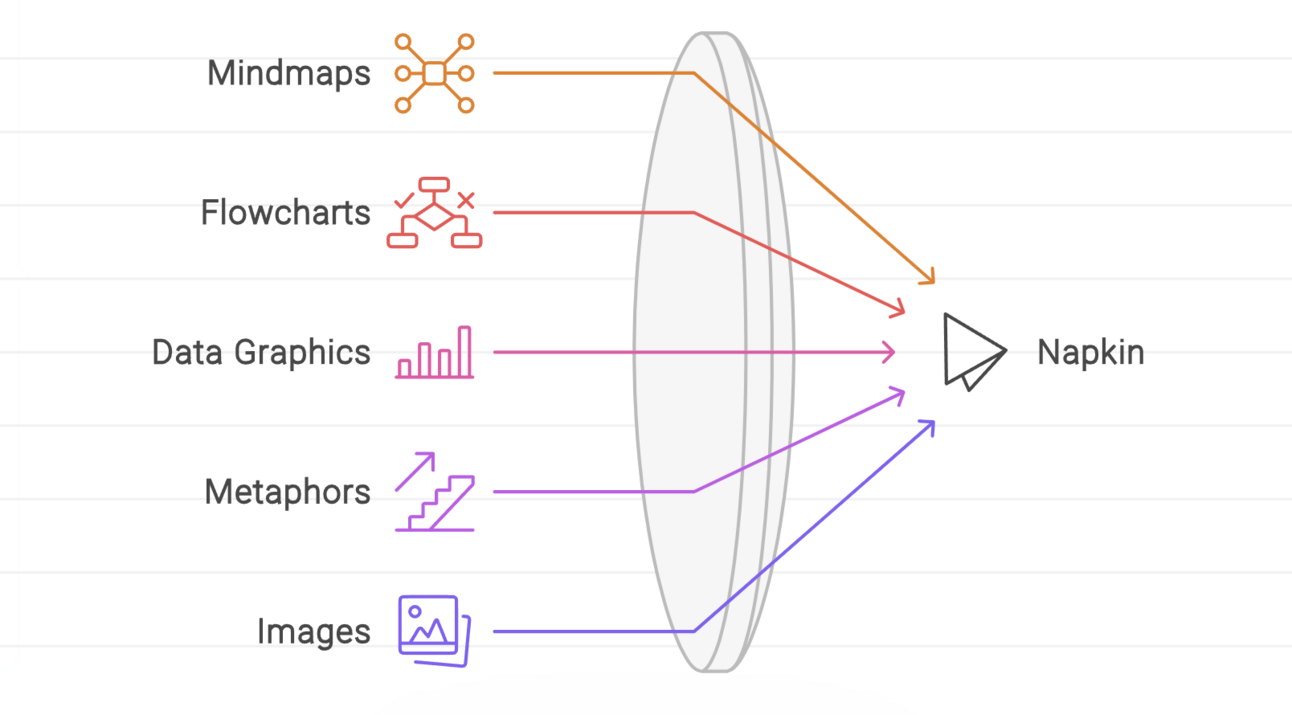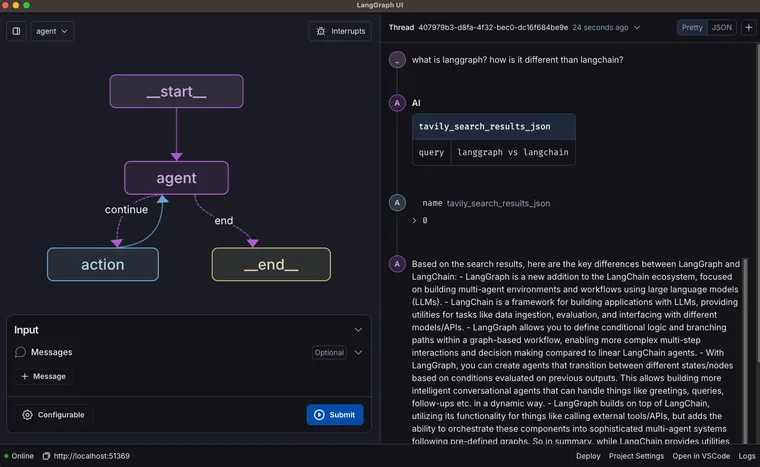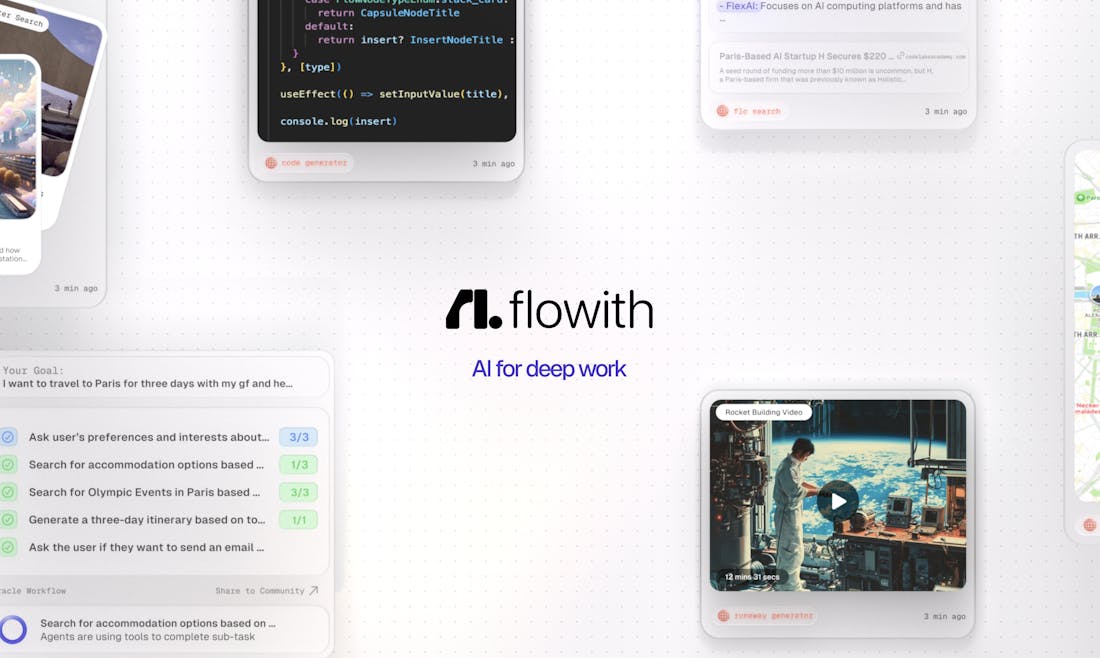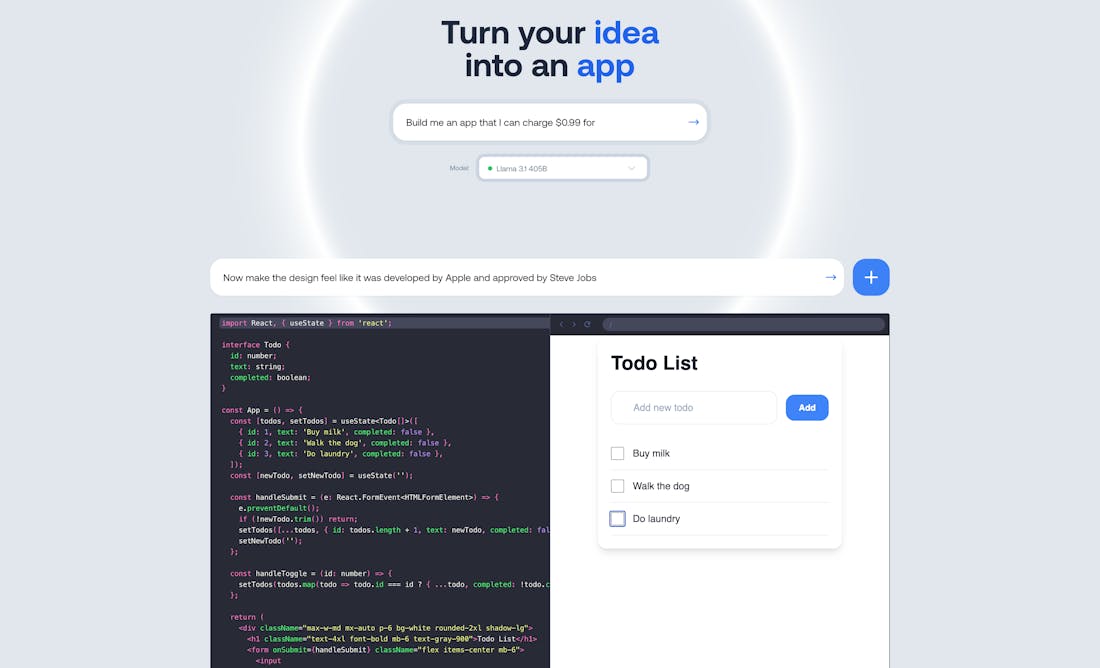- Superpower Daily
- Posts
- Structured output from OpenAI is a super underrated
Structured output from OpenAI is a super underrated
ChatGPT’s mobile app just had its biggest month yet
In today’s email:
🤔 Elon Musk says Tesla is an AI company now. Here’s how plausible that is.
🧮 The Potential for AI in Science and Mathematics
🔥 The world's first intelligent heat pump water heater.
🧰 10 new AI-powered tools and resources. Make sure to check the online version for the full list of tools.



OpenAI has introduced new ways to guarantee valid JSON outputs in their API, improving upon previous methods that weren't always reliable. They've added a "strict": true option for function definitions and a "type": "json_schema" option for the "response_format" field, which allows users to pass a JSON schema with another "strict": true flag. This advancement addresses issues where previous outputs could occasionally fail to meet the specified schema or even be invalid JSON. OpenAI acknowledges the work of JSONFormer and llama·cpp in influencing these improvements, which interact directly with next-token logic to ensure schema compliance.
Despite these enhancements, "strict": true is not the default setting due to potential latency in preprocessing JSON schemas and limitations in the subset of supported JSON schema features. Ted Sanders from OpenAI explains that the first request with each JSON schema will be slower due to preprocessing into context-free grammar. Additionally, some complex schema features aren't supported to maintain performance. While "strict": true can lead to rarer but more severe failures, causing the model to loop indefinitely in some cases, it is recommended for most users as it ensures valid outputs in 99% of cases.
OpenAI has also launched a new model, gpt-4o-2024-08-06, offering significant price reductions and enhanced capabilities. This model reduces input token costs by 50% and output token costs by 33%, compared to the previous version. It also supports up to 16,384 output tokens, a substantial increase from the previous limit of 4,096. This new model is particularly beneficial for handling image inputs, making it the most cost-effective option available from OpenAI for such tasks.
All your news. None of the bias.
Be the smartest person in the room by reading 1440! Dive into 1440, where 3.5 million readers find their daily, fact-based news fix. We navigate through 100+ sources to deliver a comprehensive roundup from every corner of the internet – politics, global events, business, and culture, all in a quick, 5-minute newsletter. It's completely free and devoid of bias or political influence, ensuring you get the facts straight.

The launch of OpenAI’s new GPT-4o “omni” model in May has significantly boosted ChatGPT’s app revenue. In July, the mobile version of OpenAI’s chatbot achieved its highest monthly revenue yet, generating $28 million in net revenue from the App Store and Google Play, according to app intelligence firm Appfigures. Notably, 83% of this revenue came from Apple’s App Store, reflecting a 20% increase since June.
With the GPT-4o model, ChatGPT gained enhanced capabilities, including handling text, speech, and video, faster response times, and more human-like interactions. These improvements drove a 40% increase in app revenue in May, and while growth has slightly slowed, revenue continues to rise steadily. The app grossed $28.9 million in May, $34 million in June, and $39.9 million in July before app store fees.
The app’s success in July also brought a record 2 million new paying subscribers. The introduction of ChatGPT’s Advanced Voice Mode, which offers nearly real-time, realistic interactions, is expected to further fuel growth in the coming months, according to Appfigures.
Terry Tao is one of the world's leading mathematicians and winner of many awards including the Fields Medal. In a recent talk, Tao discussed the transformative potential of AI in science and mathematics. He likened AI to a powerful new technology, comparable to the invention of the jet engine, which, despite its complexity, does not involve advanced mathematics. AI functions as a guessing machine, making educated guesses based on vast amounts of data. This capability allows AI to perform tasks that require creativity and improvisation, distinguishing it from traditional, predictable software. However, while AI can produce astonishing results, its reliability and accuracy can be inconsistent, as evidenced by its mixed performance on mathematical problems.
Tao highlighted AI's potential to accelerate scientific research by narrowing down candidate solutions and speeding up complex simulations. In fields like drug design and material science, AI can help identify promising candidates more efficiently, reducing the time and cost of experimental trials. Moreover, AI-driven labs are automating the synthesis process, further enhancing research capabilities. In climate modeling, AI has already achieved significant speedups, enabling more comprehensive scenario analyses. Tao also emphasized the growing role of AI in mathematical research, where it can assist in formalizing proofs and enable large-scale collaborations, overcoming traditional bottlenecks.
The integration of AI with proof assistants, which verify the correctness of mathematical proofs, represents a promising synergy. This combination allows for more efficient and reliable formalization of complex proofs, potentially revolutionizing mathematical research. Tao envisions a future where mathematicians collaborate more extensively, utilizing AI and formal proof systems to tackle large-scale problems. This shift could democratize mathematical research, involving a broader range of contributors, and lead to the development of specialized roles within the field. As AI continues to advance, it holds the promise of significantly transforming both the practice and collaboration in mathematics and science.
Other stuff
ChatGPT’s mobile app just had its biggest month yet
Humane’s daily returns are outpacing sales
Demo: Predicting social science experimental results using LLMs
A booming industry of AI age scanners, aimed at children’s faces
Elon Musk says Tesla is an AI company now. Here’s how plausible that is.
Rendernet just launched a new 'Narrator' feature
Meet Yang Zhilin: Moonshot AI founder builds business in the mould of ByteDance, OpenAI
The world's first intelligent heat pump water heater.
All your ChatGPT images in one place 🎉
You can now search for images, see their prompts, and download all images in one place.


Napkin turns text into visuals with a bit of generative AI

LangGraph Studio - The first agent IDE

Me.bot - Turn your ideas into an AI life coach

Windows 9X - Windows 98 but all of the apps are AI-generated
Frontend AI - Your UI generated from prompts or images
Spreadsite - Turn Spreadsheets into interactive dashboards
Flowith - AI for deep work

FitAction - AI personal trainer, calorie counter, nutrition & yoga

Text2Infographic - AI infographic generator

Benty Coder - AI code generator and app builder



How did you like today’s newsletter? |
Help share Superpower
⚡️ Be the Highlight of Someone's Day - Think a friend would enjoy this? Go ahead and forward it. They'll thank you for it!
Hope you enjoyed today's newsletter
Did you know you can add Superpower Daily to your RSS feed https://rss.beehiiv.com/feeds/GcFiF2T4I5.xml
⚡️ Join over 200,000 people using the Superpower ChatGPT extension on Chrome and Firefox.
OR



